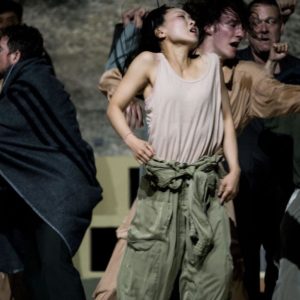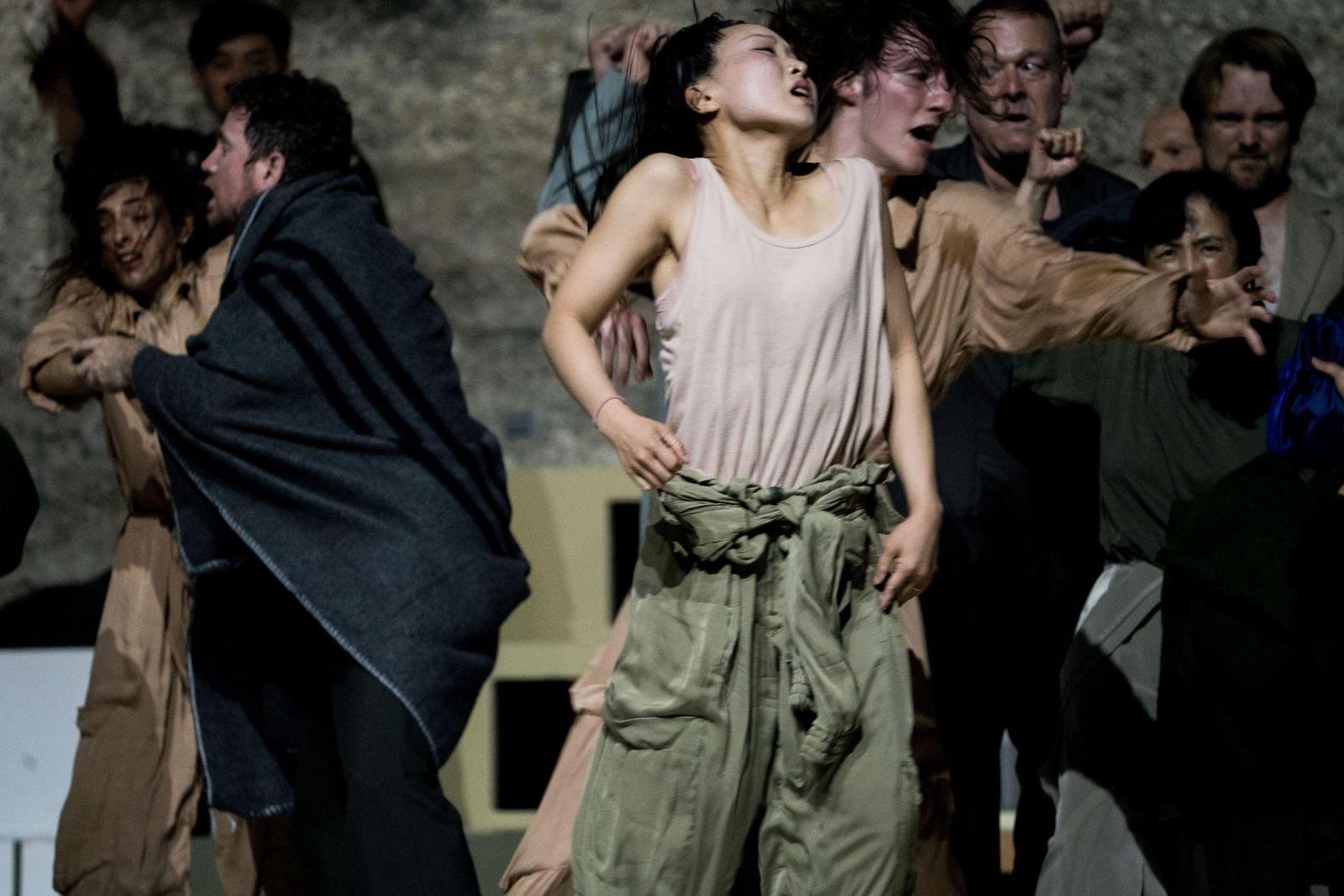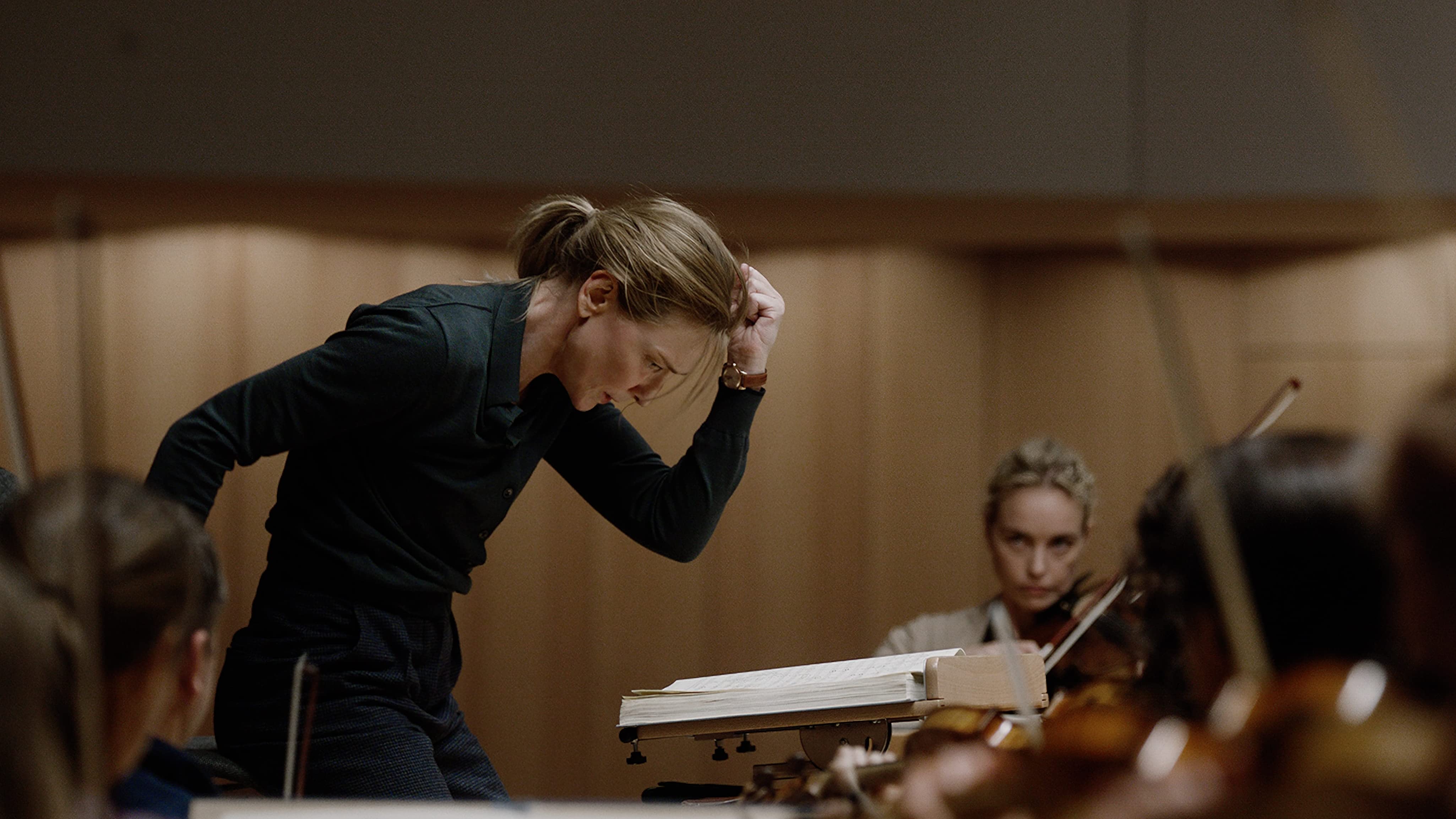While Kabul falls, Intolleranza rules
NewsFew critics have remarked the disconnect between a moneyed Salzburg audience warching Luigi Nono’s salon-socialist opera and the unfolding tragedy in Afghanistan where a medieval clique has siezed power with western arms.
Nono, a pet composer of the leftwing Abbado clique, based his ‘scenic action’ on Brecht and his music, in part, on the atonalities of his father-in-law, Arnold Schoenberg.
The only performance I ever heard was a patchwork quilt of scenic inhumanities, a very long 80 minutes.
Its revival this summer seems at once timely and unworldly. It will make little difference to Nono’s dated reputation.







Comments